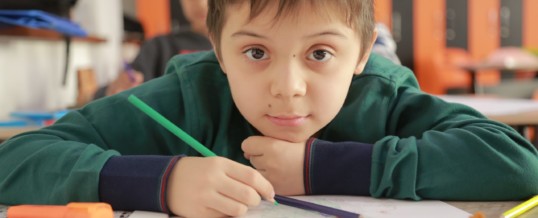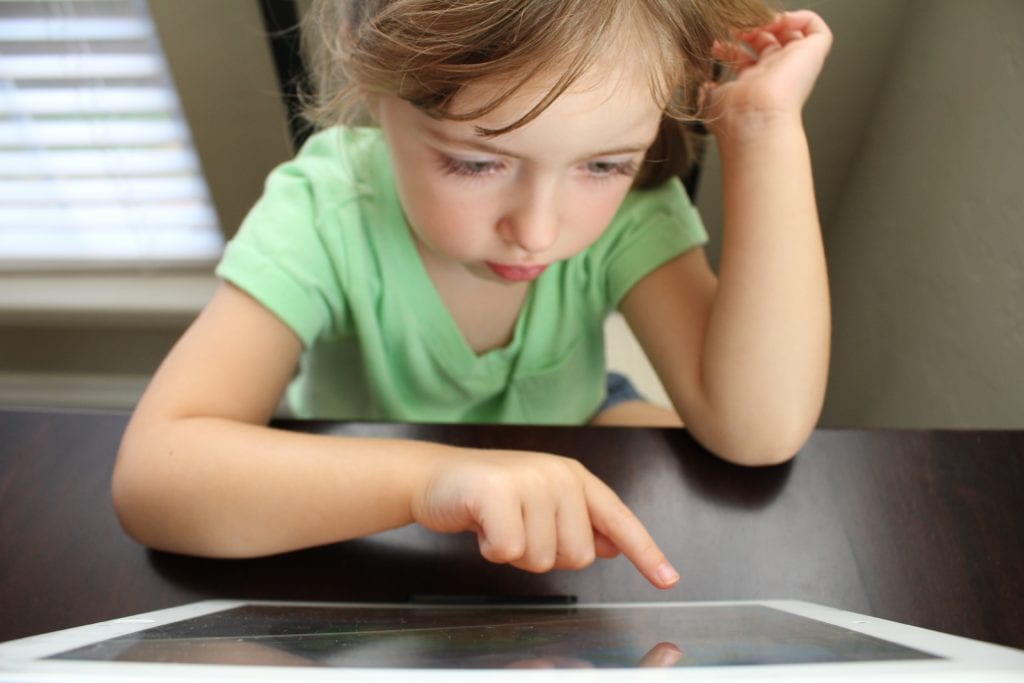
Remain Calm and reassuring– Children will react to and follow your verbal and nonverbal reactions. Remind them that you at home and the adults at their school are there to keep them safe and healthy. Let your children talk about their feelings and help reframe their concerns into the appropriate perspective.
Make yourself available– Some children may need extra attention. It is important that they know they have someone who will listen to them. Tell them that you love them and give them plenty of affection.
Avoid excessive blaming– It is important to avoid stereotyping any one group of people as responsible for the virus. Be aware of any comments that other adults are having around your family.
Discuss new rules or practices at school– Be sure to discuss any illness prevention habits, including frequent hand-washing or use of alcohol-based hand cleansers.
Communicate with your child’s school and daycare– Let your school know if your child is sick and keep him or her home.
Monitor television viewing and social media– Limit television viewing or access to information on the internet and through social media. Speak to your child about how many stories about COVID-19 on the internet may be based on rumors and inaccurate information. Be aware that developmentally inappropriate information can cause anxiety or confusion, particularly in young children.
Maintain a normal routine to the extent possible– Keep to a regular schedule, as this can be reassuring and promotes physical health.
Be honest and accurate– In the absence of factual information, children often imagine situations far worse than reality. Children can be told how the disease can be caught and how to protect themselves.
Additional Resources
- Talking With Children: Tips for Caregivers, Parents, and Teachers During Infectious Disease Outbreaks, https://store.samhsa.gov/product/Talking-With-ChildrenTips-for-Caregivers-Parents-and-Teachers-During-Infectious-Disease-Outbreaks/SMA14-4886
- Coping With Stress During Infectious Disease Outbreaks, https://store.samhsa.gov/product/Coping-with-Stress-During-Infectious-Disease-Outbreaks/sma14-4885
- Centers for Disease Control and Prevention, Coronavirus Disease 2019 (COVID-19), https://www.cdc.gov/coronavirus/2019-ncov/about/transmission.html
- Handwashing and Hand Sanitizer Use at Home, at Play, and Out and About, https://www.cdc.gov/handwashing/pdf/hand-sanitizer-factsheet.pdf.
- For more information related to schools and physical and mental health, visit www.nasponline.org and www.nasn.org © 2020, National Association of School Psychologists, 4340 East West Highway, Suite 402, Bethesda, MD 20814, 301-657-0270
Learn More About IBCCES Certification Programs
Fill out form below to find out more about training and certification options
19
MAR
MAR
0
